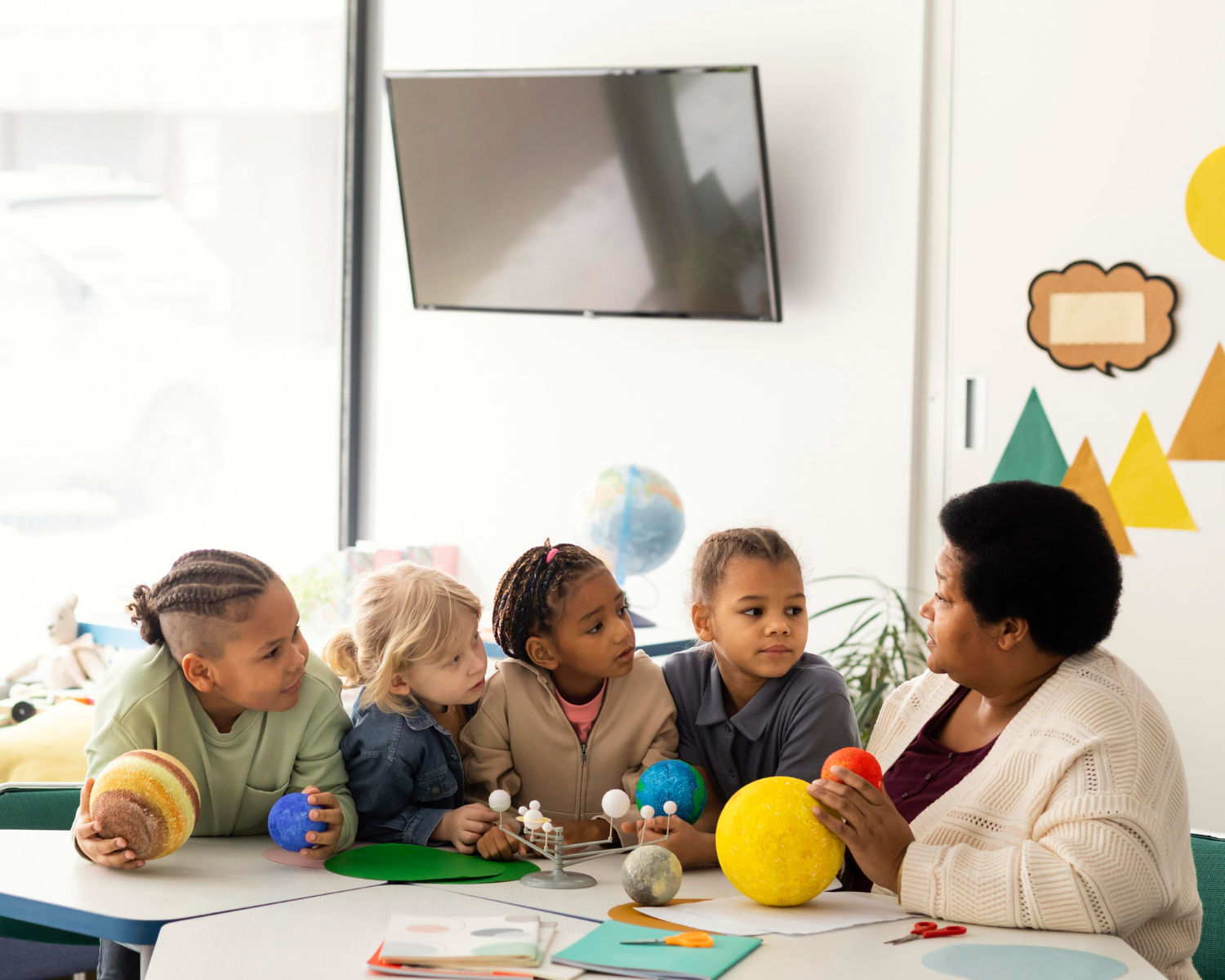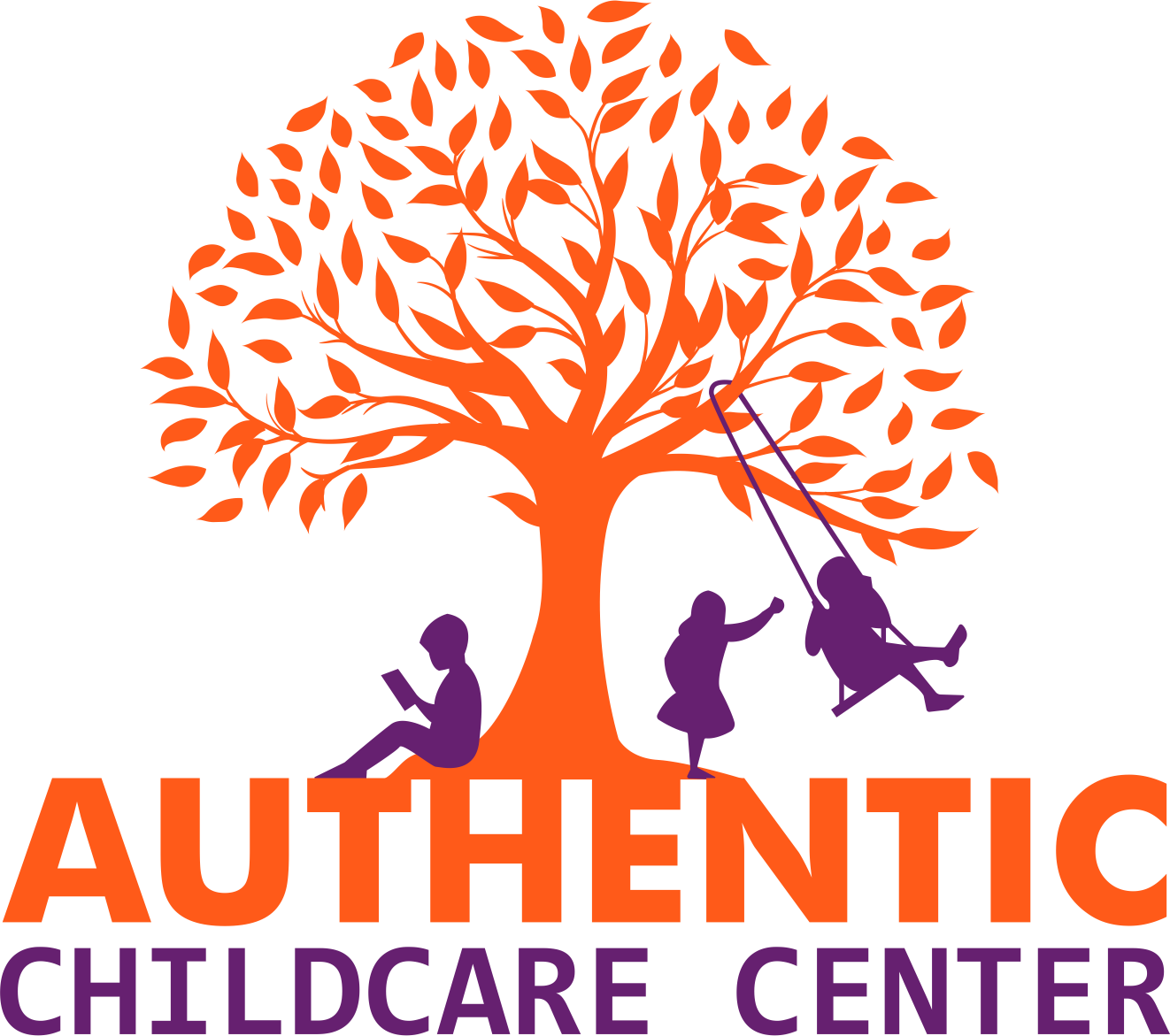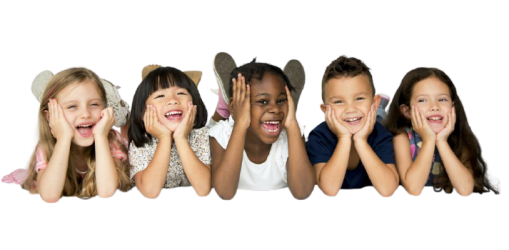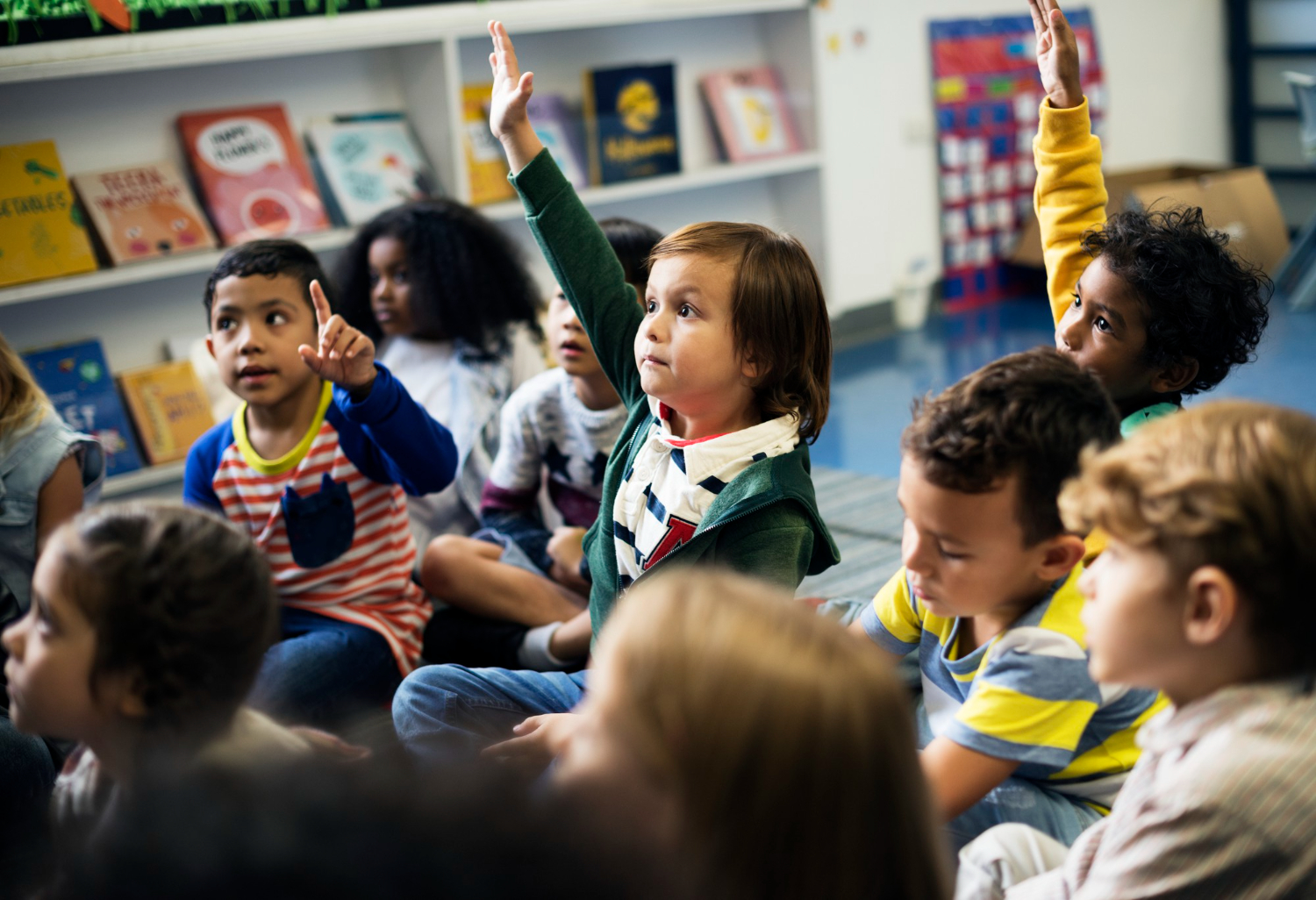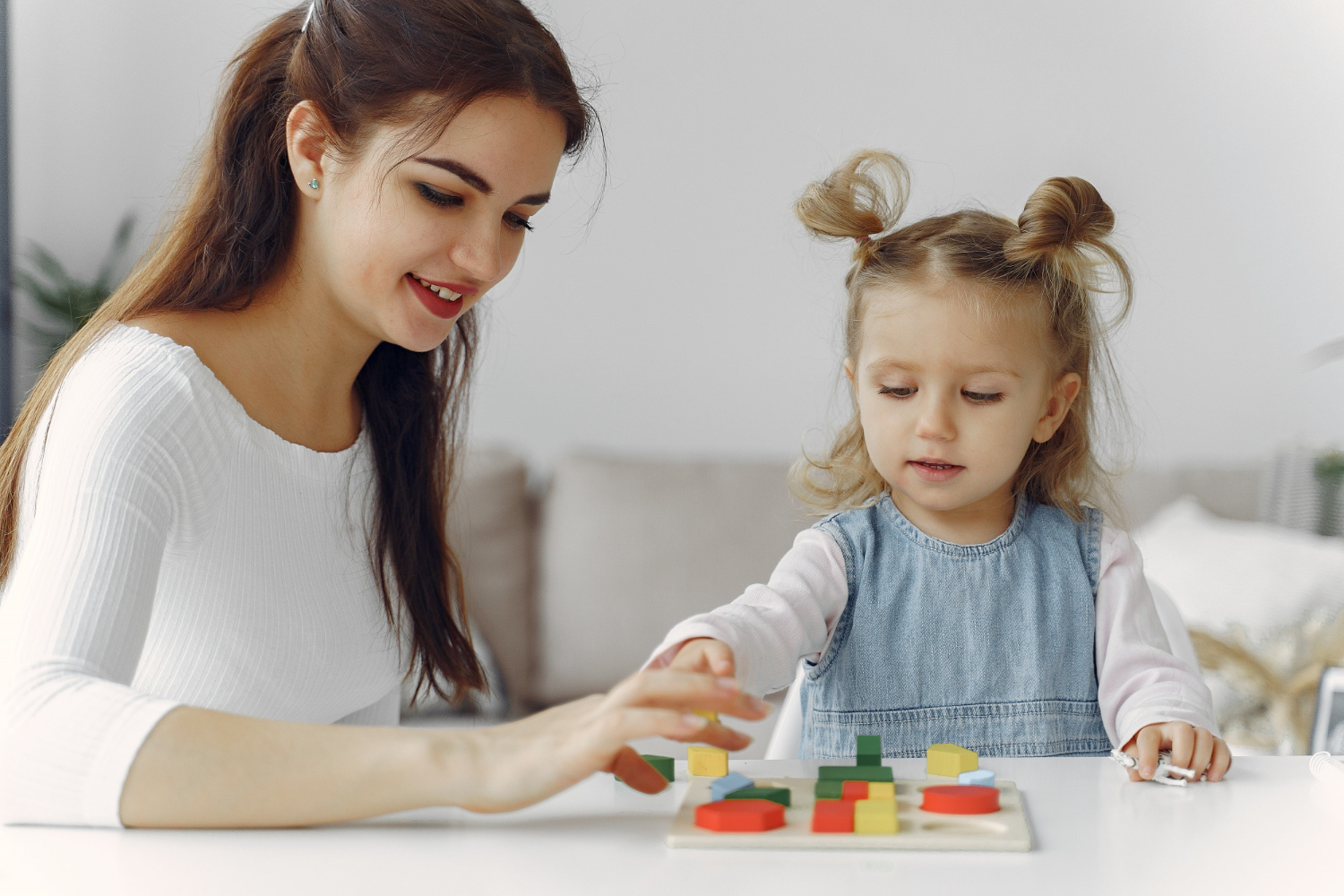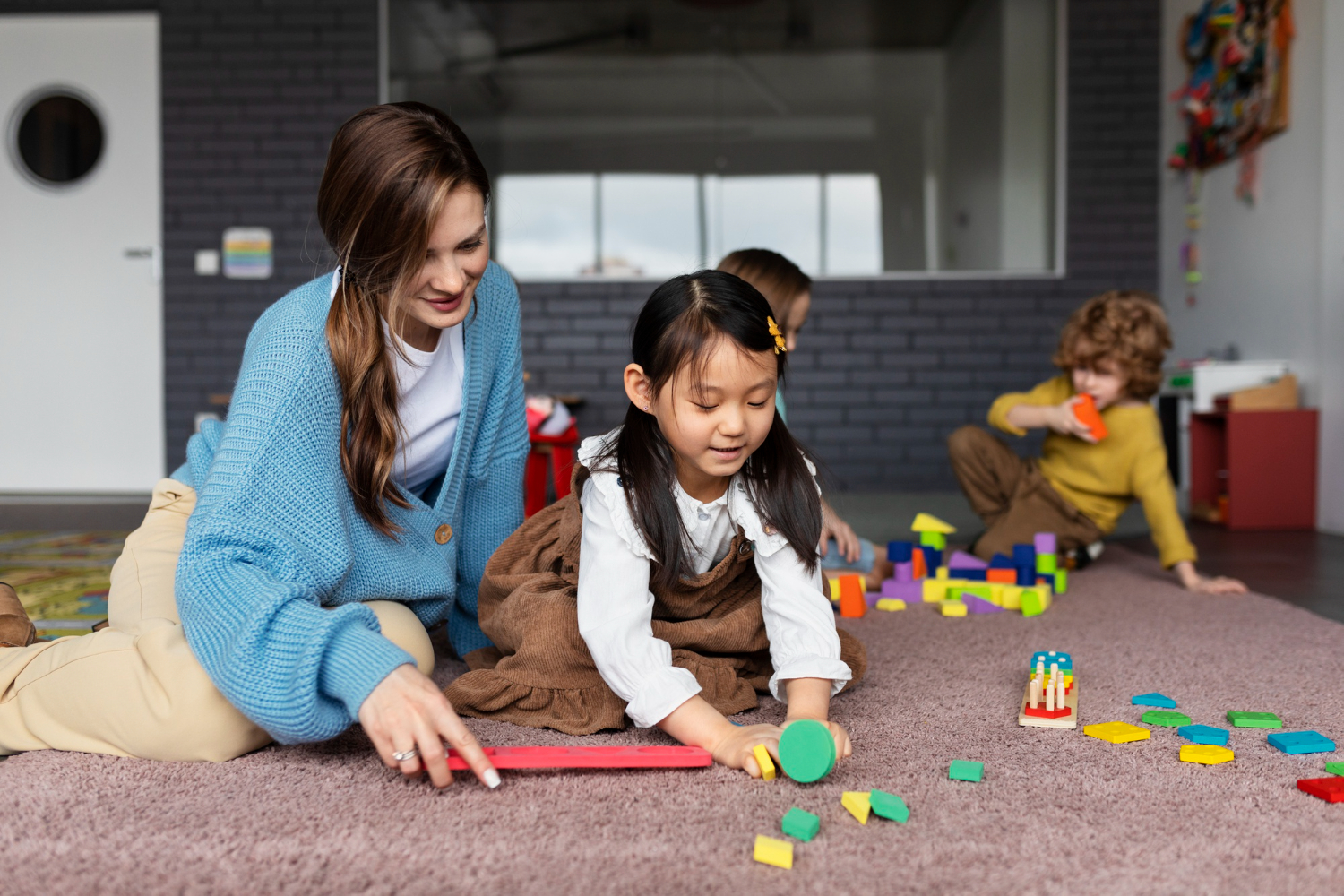

At this stage of development, kids tend to broaden their social horizons and venture into uncharted territories. They embark on their academic journey by attending kindergarten and forging new connections. Children gain more confidence and feel more comfortable around their peers and unfamiliar settings as they mature. They are always eager to learn, brainstorm new concepts, and ask probing questions. Starting kindergarten is a significant milestone in their lives.
Physical Needs of Kindergartens
During their time in kindergarten, children have basic physical needs that we aim to fulfill. This includes providing them with three meals and two to three snacks throughout the day.
At Authentic Childcare Center, we offer two meals and one snack, following our facility’s weekly menu that is posted on both our website and family board. Additionally, we offer transportation services for children living within a certain radius of our facility and a designated nap time to help them restore their energy. Our indoor and outdoor activities take place in a safe environment with secure floors and equipment that meet Alberta health and safety standards.
We also organize field trips that follow Authentic Childcare Center’s protocol and guidelines, which includes obtaining consent forms from families, providing advance notice about the trip, and visiting nearby locations such as senior homes, parks, playgrounds, libraries, and movie theatres.
Cognitive Needs in Kindergarteners
During the kindergarten age group, children experience complex brain growth and develop their thinking skills. They learn to track multiple pieces of information simultaneously, pay attention, focus their thoughts, avoid distractions, make sense of and use information, and transition between activities more easily.
The Authentic Childcare Center educator plans to utilize serve-and-return interaction techniques more frequently when working with kindergarten students. They will foster language and literacy development by promoting exploration, cooperation, and shared interests. Activities such as examining family photos on a family tree, singing songs, reading together, and encouraging drawing and printing will also be encouraged.
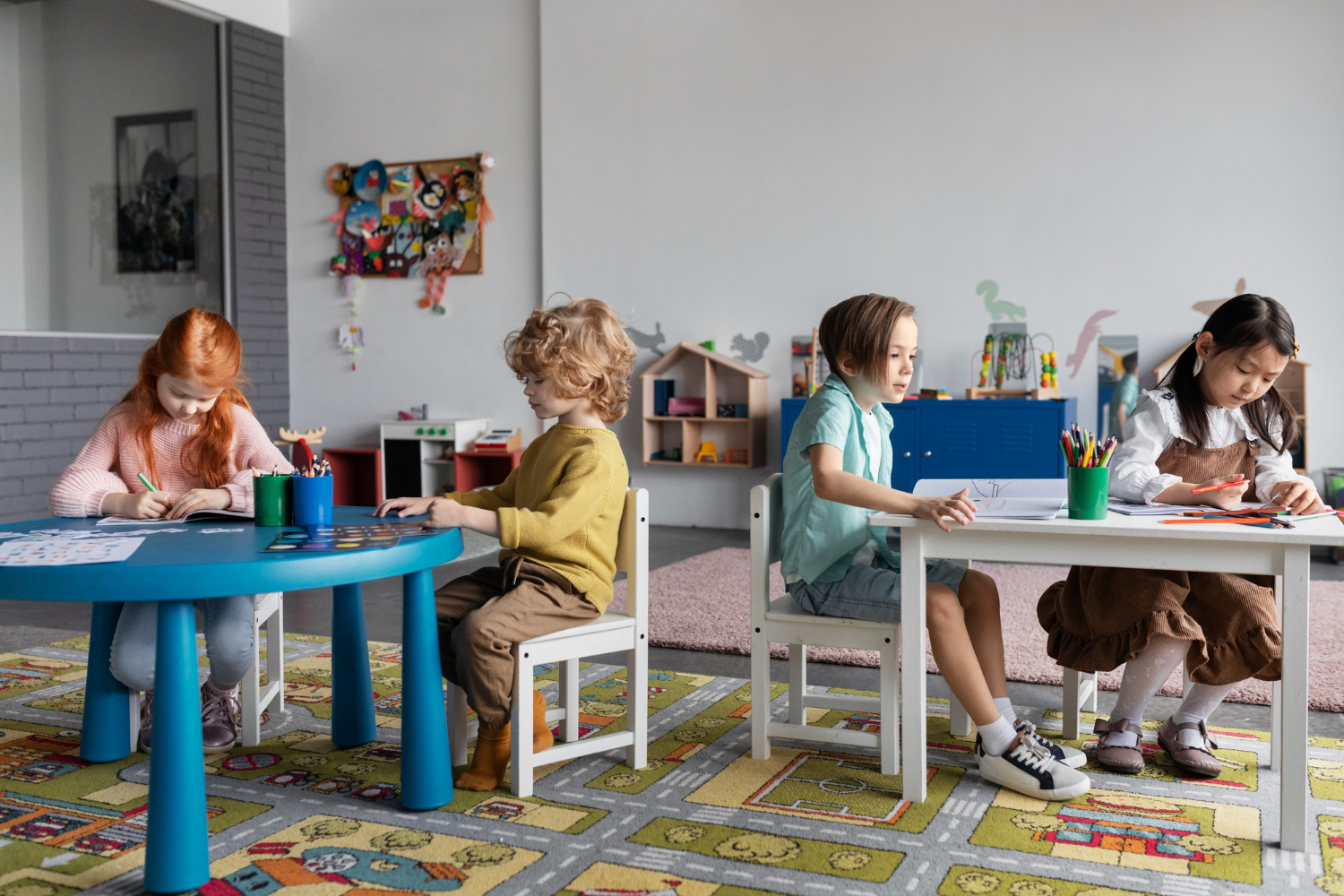

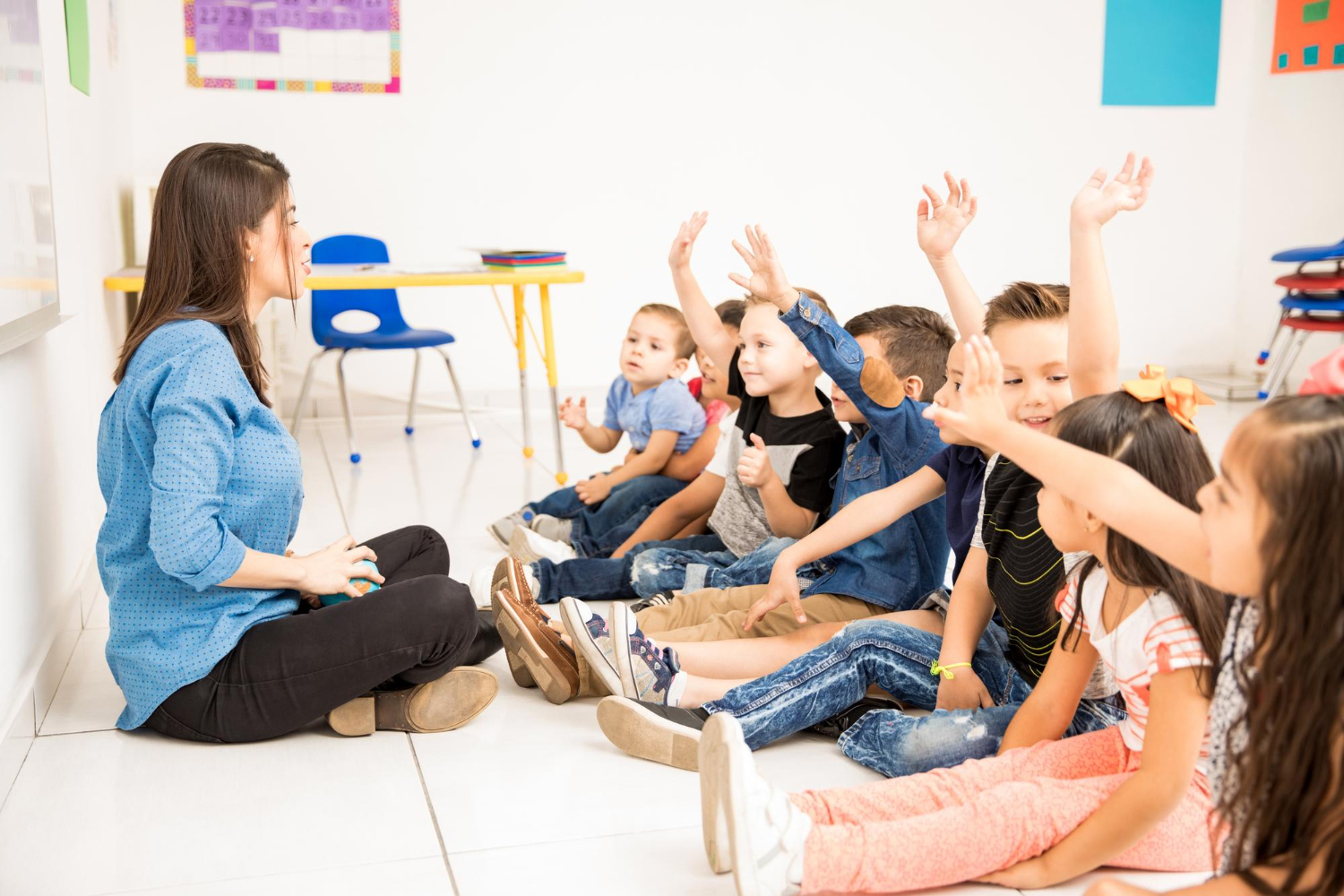

Emotional Needs of Kindergarteners
Children in the kindergarten age group are capable of experiencing a range of complex emotions, including confidence, empathy, and frustration. They may also experience conflicting emotions, such as feeling both worried and excited or happy and sad at the same time. This can be confusing for them, and they may also experience emotions such as jealousy, disappointment, pride, and guilt.
Young children in kindergarten learn that there are more appropriate ways to express their emotions instead of resorting to physical actions such as hitting or pushing.
According to Authentic Childcare Center policies, it is essential to offer emotional support to children in the kindergarten age group. This includes recognizing and accepting their feelings, promoting healthy expression of emotions, refraining from teasing them for their fears, acknowledging acts of kindness and empathy towards others, and assisting them in developing problem-solving skills.
Social Needs of Kindergarteners
Children in the kindergarten age group enjoy spending long periods of time with other children. Typically, children in this age range are naturally curious and eager to learn. They like being helpful and meeting new people, as well as participating in group games and activities, including those with rules.
Childcare educators at Authentic Childcare Center will support the social development of kindergarten children by encouraging them to interact with their peers, play together, and build relationships. These educators will also teach children about kindness, explain facility rules, promote sharing and cooperation, model problem-solving, and acknowledge positive interactions between children.
